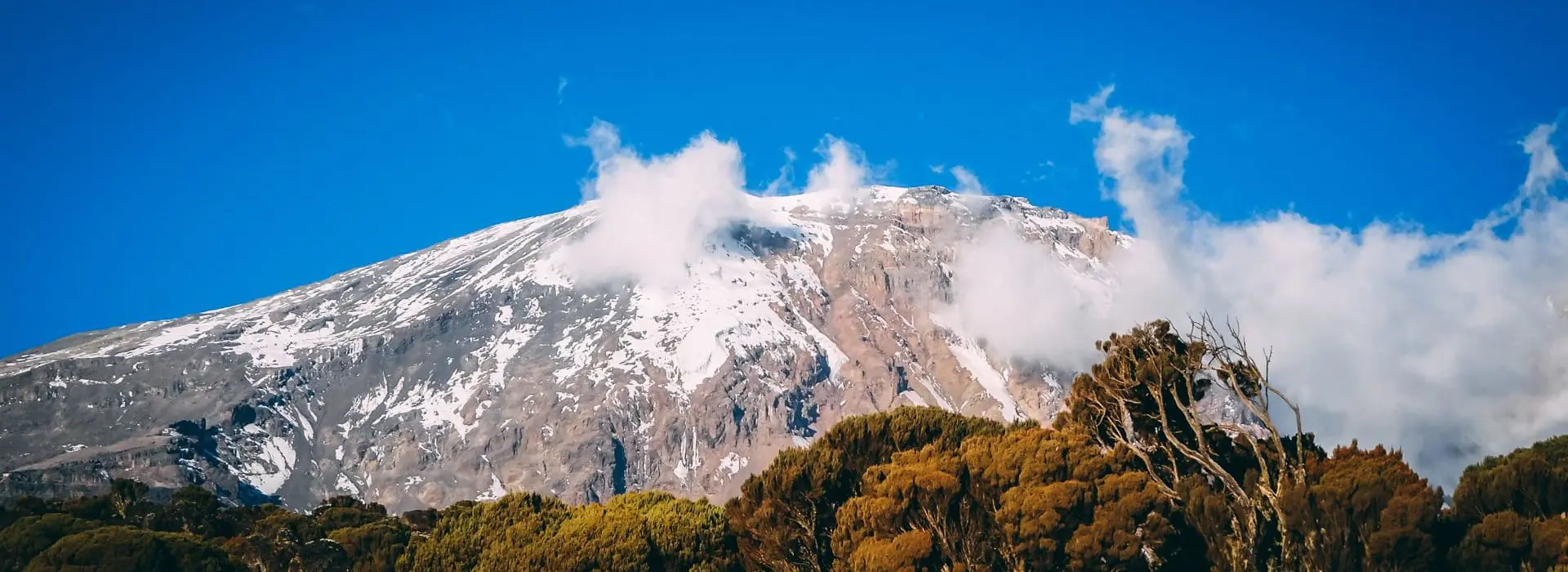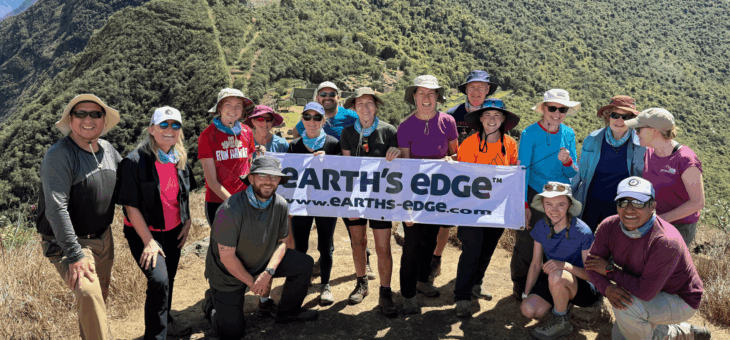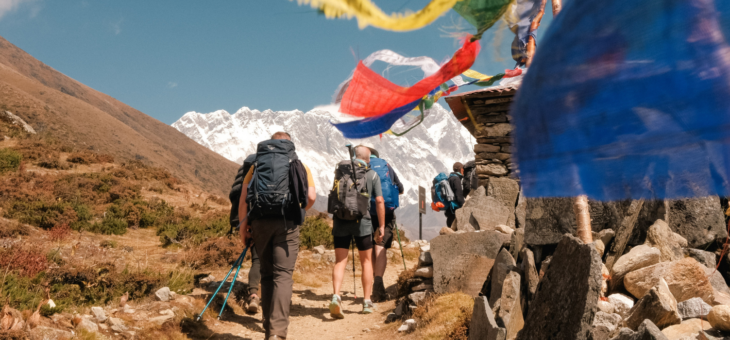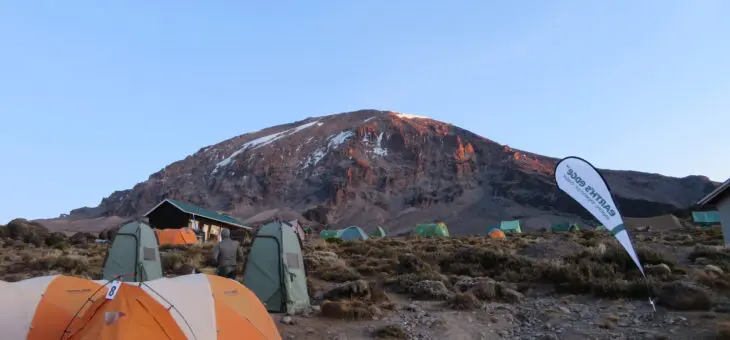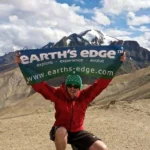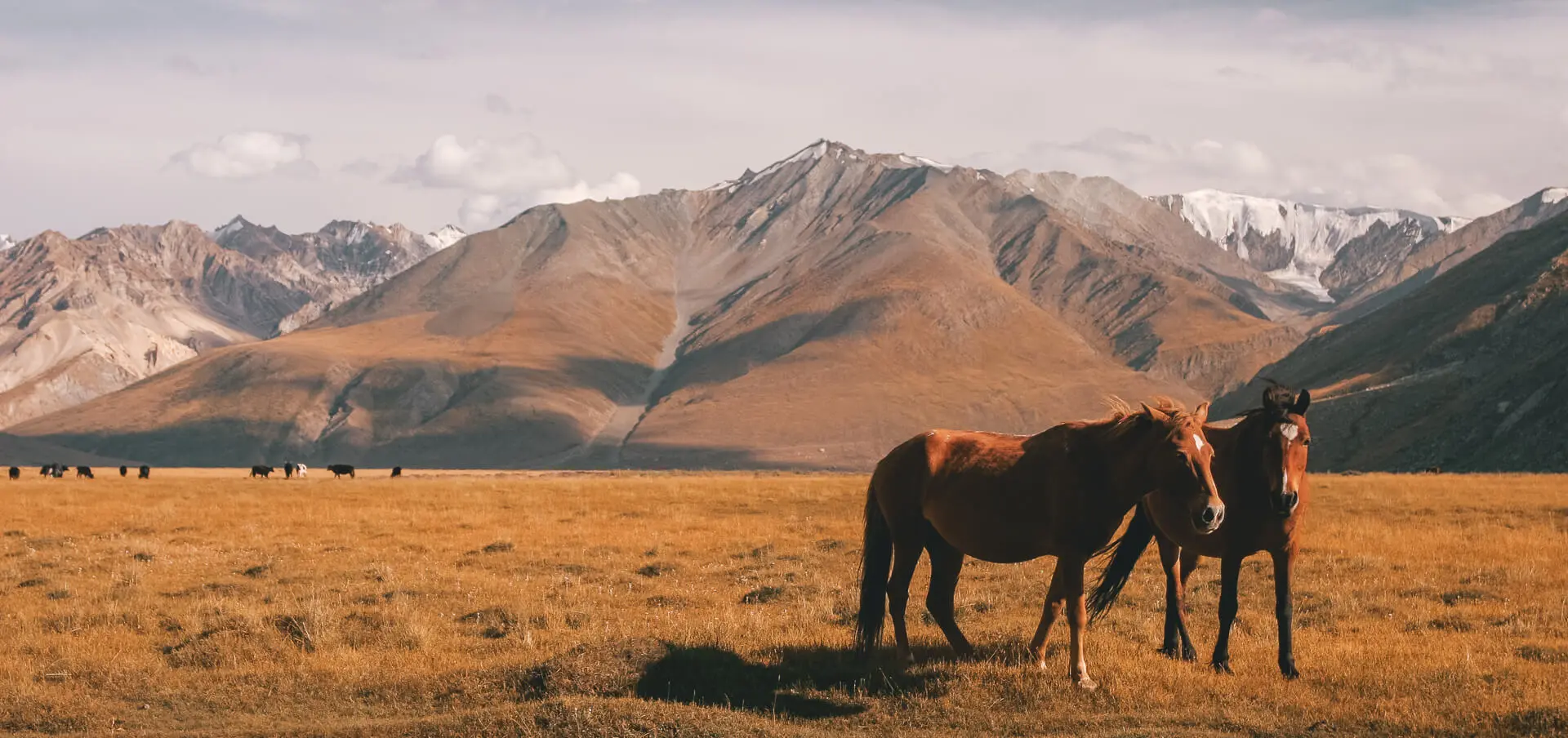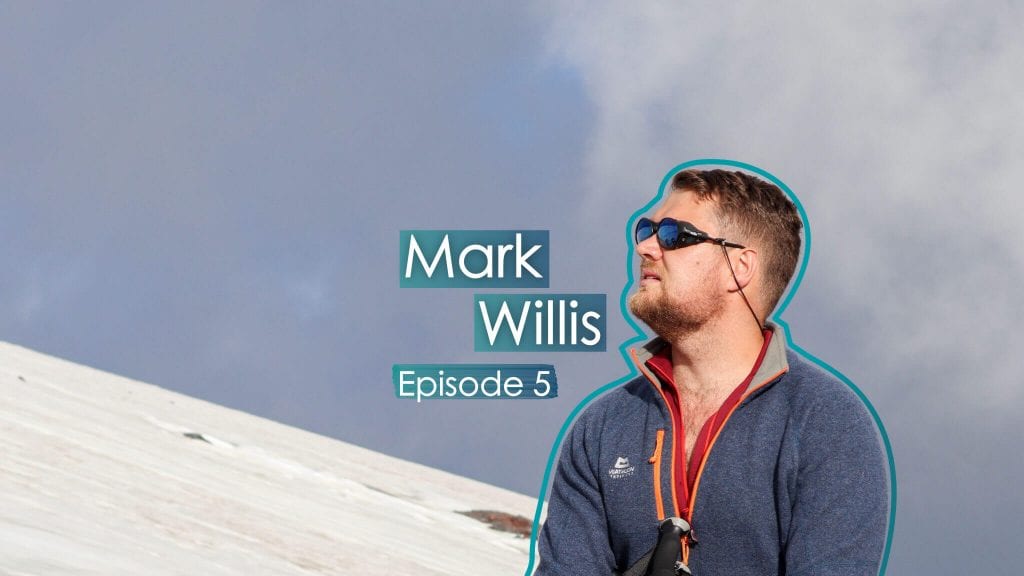
As you may know, we include an expedition doctor on every single one of our trips as standard. Along with our expedition leader, they provide vital care along the way, whether you’re feeling the effects of altitude or suffering with a dodgy tummy. But what is the experience like for the doctors themselves? In the latest episode of our new podcast, James chatted to Mark Willis to find out what it’s like to be an expedition doctor at altitude.
What inspired him to become an expedition doctor at altitude
“Whilst I was in medical school, I also joined the Army Reserves and became an officer went to Sandhurst in the British military. And that got me into the outdoors a lot at university. I mean, I grew up in the outdoors. I did Hadrian’s Wall with my parents and my dog when I was 12 years old, and did camping trips and things like that. But this really brought me back and taught me how to not just survive, but also thrive in difficult environments. And that kind of sowed the seed. I was finishing those two years foundation in medical school when I ended up getting in contact with Earth’s Edge.”
How he came to work as an expedition doctor with Earth’s Edge
“My first trip was to Kilimanjaro in 2017. And I found out that I was doing that trip just after the interview! I remember being determined that I was going to do an expedition. And I went on social media to find these expedition companies. And I found Earth’s Edge and thought it was interesting you send a doctor on every trip. I sent an email and I got a response, but you weren’t looking at it for anyone at the moment. And I just kind of wrote it off. I didn’t expect to hear anything. Then I get this email from the office in February saying Oh, do you fancy coming over to Dublin for an interview? And I’m like, Yes, this is it!”
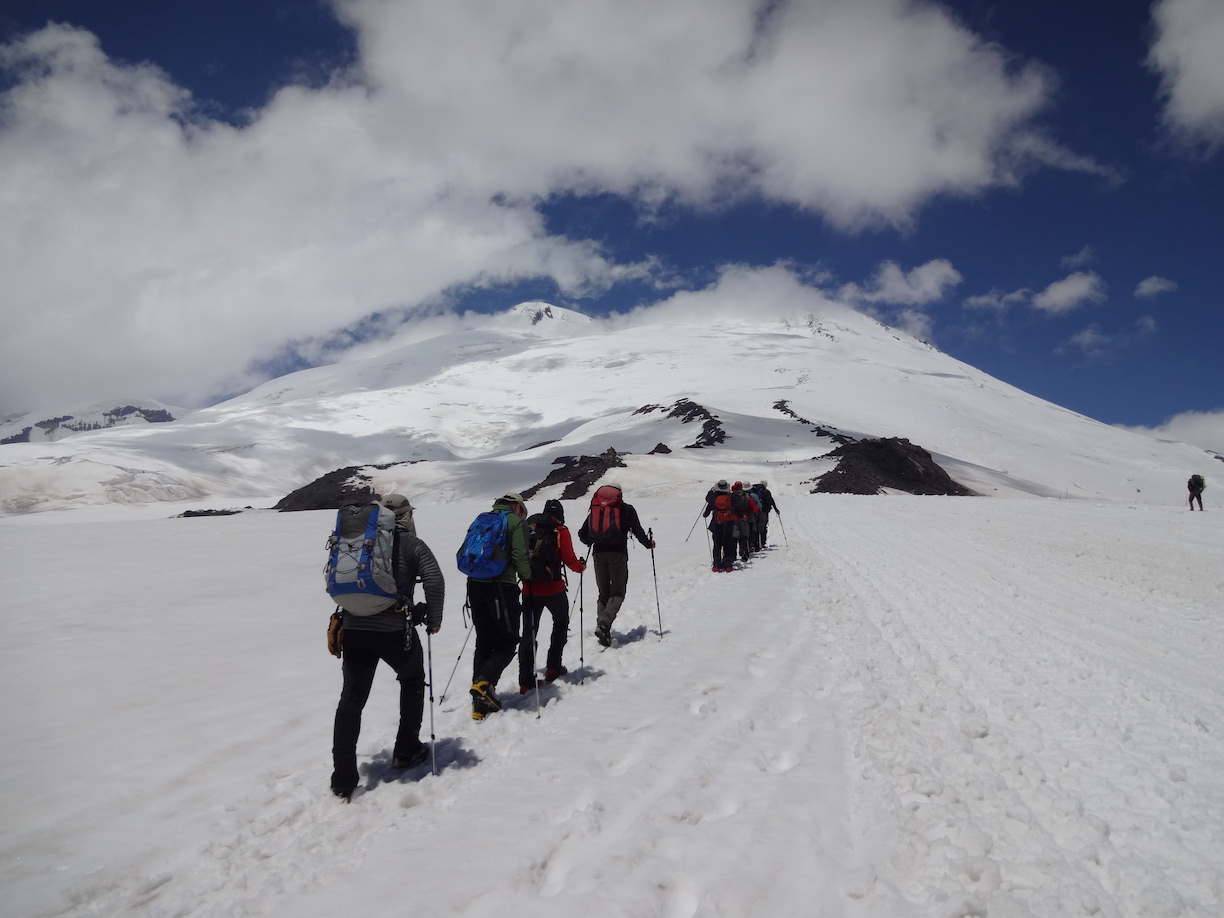
His experience on Elbrus
“I really wanted to do it because it was a step up. It tested me both physically and mentally, and it also tested my medical skills. It’s very different. It was the smallest group I’ve had, but also the most experienced group. Everyone had been to altitude. They felt pretty comfortable with the side effects that come with being at attitude. So that was quite reassuring.
“I tell everyone that Elbrus was probably my most physically demanding, but most medically easy. I think it was probably medically easy because of the experience that people had had. Just knowing what altitude feels like, knowing what a high altitude headache is, and knowing that your sleep suffers as well. People knowing that these are all normal physiological responses probably made everyone quite well adapted to the environment.”
His thoughts on being an expedition doctor
“A lot of people think when you do expedition medicine, all you do is the really cool emergency stuff. You save people’s lives, inject them with adrenaline to sort out their high altitude cerebral oedema, etc. Well, I’ve never done that. I’m sure you do that at some point. But actually, you’ve got to be good with the common, everyday problems. While you’ve got to be great at the emergencies, they don’t occur out of the blue. You don’t suddenly turn around, have a cup of tea with someone and then suddenly they’re in a coma because they’ve got high altitude cerebral oedema. They start off with a niggling headache, and then it doesn’t go away and then it gets a bit more severe. And if you’re a GP, I think you can be very good at identifying these kinds of everyday problems and nipping them in the bud. Treating them before they develop into an emergency. So I like to think it’s because of my good medical skills that I’ve not really had an emergency. But maybe I’ve just been lucky!”
This is only a snapshot of Mark’s incredible stories. There’s also the tale of a camp-invading elephant, some excellent training advice and the time a trekker mismanaged his diarrhoea medication! To find out more about Mark’s fascinating time as an army medic, his most memorable expeditions and his toughest ever moment as an expedition doctor at altitude, listen to the episode here. Don’t forget to like and subscribe!
